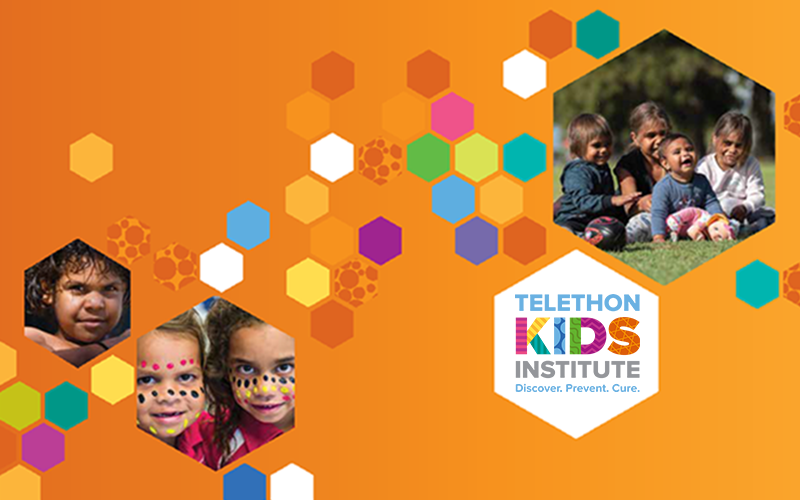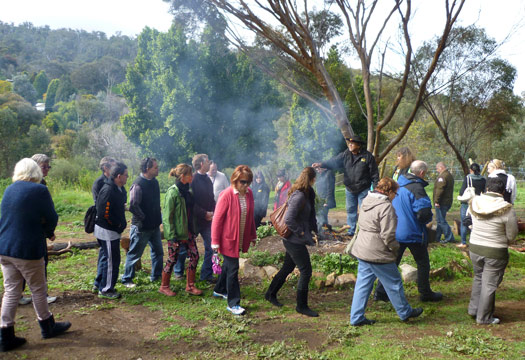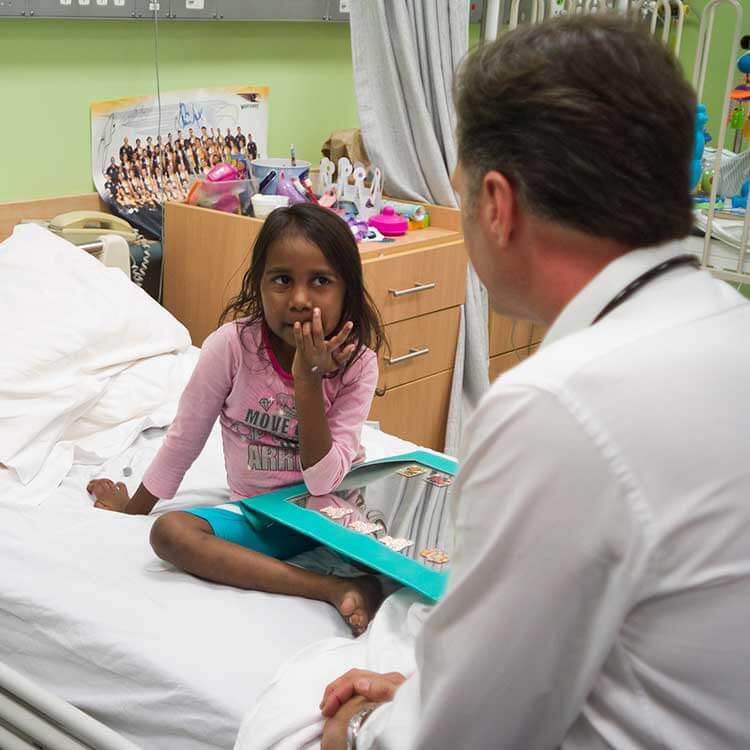Search
Research
Antenatal services for Aboriginal women: the relevance of cultural competenceDue to persistent significantly poorer Aboriginal perinatal outcomes, the Women's and Newborns' Health Network, require a comprehensive appraisal...
Research
Yarning with a remote Aboriginal community about the next steps for achieving healthy skinSkin health is widely recognised as being important for overall good health and well-being, yet the burden of skin infections in remote Aboriginal communities remains high. This project aimed to explore if virtual support for skin health could be a strategy to reduce community barriers to skin health engagement.
Research
The Truth Of Our Stories: A mixed method evaluation of Elder and community-led cultural training for out-of-home care agency workers and non-Indigenous foster carers in AustraliaGlobally, Indigenous peoples have incurred significant harm due to colonisation of their lands. Dispossession of culture, language, family and land, and the historical, systematic removal of children in Australia (the ‘Stolen Generation’), has resulted in evident ongoing negative outcomes in the contemporary lives of Aboriginal and Torres Strait Islander people.
Research
Identifying barriers and facilitators for the effective diagnosis and provision of primary health care for otitis media from the perspective of carers of Aboriginal childrenTo identify the barriers and facilitators for timely detection and optimal management of otitis media in Aboriginal children in a primary care setting from the perspective of carers of Aboriginal children.
Research
Responsive service design and workforce strengthening: Recommendations to improve aged care for Aboriginal and Torres Strait Islander peoplesThis study aimed to develop innovative and practical strategies and recommendations for aged care policy and practice that support the needs of Aboriginal and Torres Strait Islander peoples.

News & Events
The Kids Research Institute Australia says yes to "The Voice"The Kids Research Institute Australia gives its full support for a First Nations Voice to Parliament to be enshrined in Australia’s constitution.

News & Events
Elders insight leads to spine-tingling breakthroughDr Michael Wright remembers the 'aha' moment while working with distressed Nyoongar families to identify what was limiting engagement with services.

News & Events
Bold bid to end rheumatic heart diseaseSome of the nation’s leading medical researchers will converge on Darwin this week to step out a plan to wipe out rheumatic heart disease.
Research
“Ngany Kamam, I Speak Truly”: First-Person Accounts of Aboriginal Youth Voices in Mental Health Service ReformAboriginal young people are experts in their own experience and are best placed to identify the solutions to their mental health and wellbeing needs. Given that Aboriginal young people experience high rates of mental health concerns and are less likely than non-Indigenous young people to access mental health services, co-design and evaluation of appropriate mental health care is a priority.
Research
Staying moving, staying strong: Protocol for developing culturally appropriate information for Aboriginal people with osteoarthritis, rheumatoid arthritis, lupus and goutAddressing disparities in arthritis care is an important yet unmet health need for Aboriginal and Torres Strait Islander people in Australia (respectfully Aboriginal people herewith). Despite the significant prevalence and burden of arthritis within Aboriginal communities, access to care for arthritis is low.
